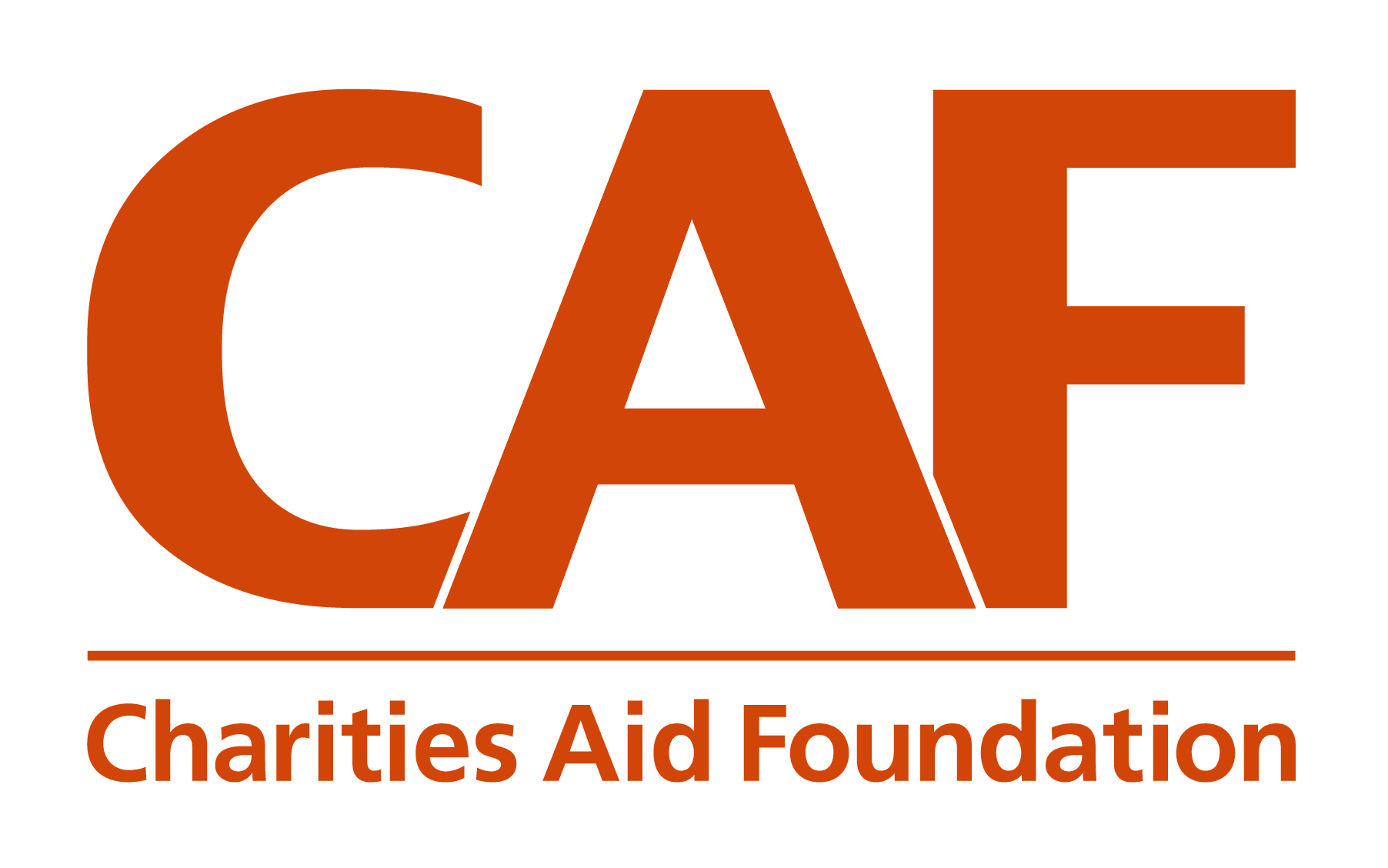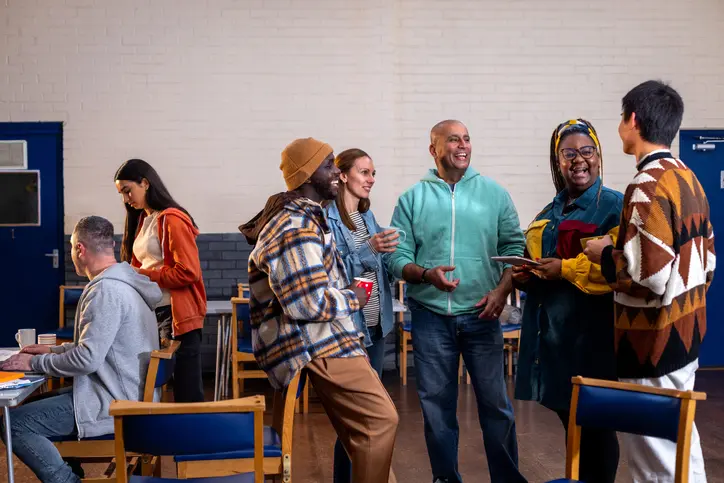Something all charities have in common is trustees.
Also known as directors, governors, or board or committee members, trustees are responsible for making sure their charity is doing what it was set up to do. In this sense, trustees have overall control of their charity – meaning their vision for the charity, and the skills they bring to making this vision a reality, can significantly impact the charity’s ability to meet its goals.
It is therefore valuable for charities to understand how trustees can help further their missions, as well as what to look for in new trustees.
With this in mind, Charities Aid Foundation (CAF) and chartered accountancy body ICAEW partnered to publish research on the challenges facing charity trustees. The new report, ‘What’s on the horizon for charity trustees?’, makes recommendations for charity trustees as advisers and leaders of their organisations.
While the research offers a variety of useful insights, we have focused here on the ways in which trustees might be able to offer even more to charities than they already realise.
Broader networks make for stronger charities
According to CAF’s Charity Landscape Report, the top challenge cited by charity leaders was that of generating income and achieving financial sustainability (58%). A fifth (21%) of charities said that they planned to use charity reserve funds to cover income shortfalls rather than for capital expenditure. This was twice as many as in 2019 (10%).
Financial resilience is clearly at the top of many charities’ lists of priorities – as well as of concerns.
Diversifying funding and support networks is consequently a focal area for charities. The good news is that trustees can help with this goal. CAF’s and ICAEW’s research into trusteeship found that a key responsibility of many charities’ trustees is to try to connect with donors for the charity and then network and extend these contacts to create a substantial and influential support base. Establishing this support base can be difficult for new charities that cannot trade on their name or reputation. However, making the effort to broaden networks – whether through attending events, engaging digitally, or collaborating on fundraising initiatives – is well worthwhile, as well as an area in which trustees can lead.
Greater diversity can generate new and valuable perspectives
Our research found that fostering greater diversity on trustee boards can bring a host of benefits for charities.
Diversity might refer to a diversity of skills; diversity in terms of personal characteristics, which can include age, gender, ethnicity, and socio-economic background; and diversity of service user board representation, which refers to incorporating the voice of a charity’s beneficiary into the board.
Each of these forms of diversity is important. When trustees embody a more varied range of identities and experiences, this enables their charities to benefit from a greater knowledge and networks.
That said, cultivating diverse and inclusive trustee boards remains a complex issue for many charities. Almost all participants interviewed in our research said that their boards were less diverse than they would like. However, they were also unsure about how to resolve this issue, being sometimes unwilling to compromise on their requirements for particular skills and experience in their trustee candidates.
In response to this uncertainty, CAF and ICAEW have identified the potential for charities and boards to train otherwise suitable candidates, rather than rejecting them for lack of experience.
An example of what such a training initiative might look like is freely available on the ICAEW Volunteers website, which connects not-for-profit organisations with chartered accountants. Information-sharing and skill-sharing through these types of initiatives can be a cost-efficient and effective way for charities to access expertise.
There is always more to learn
For trustees to be effective, it is important that they receive training.
Fortunately, although the third sector lacks a centralised and holistic platform dedicated to training resources and support for trustees, there are many resources available.
For example, the sector-led initiative Trustees’ Week provides an overview of relevant bodies, as does the UK Government. The Charity Commission’s 5-minute guides can also serve as good starting points for charity trustees seeking to develop their knowledge and skills, and signpost to other resources as well.
CAF also offers resources for trustees, and ICAEW offers free Trustee Training Modules as well as a Volunteering Community for skills-based volunteers. There are resources out there if one only knows where to look!
As we continue to emerge from the pandemic, creating a better, stronger, and more connected charity sector is a priority for trustees and charities alike. Fortunately, all charities can grow a little stronger and more resilient, right now, simply by leveraging the presence of trustees within their organisation and considering how these might be able to further their missions even more effectively.
Strengthening trusteeship benefits not only the charities they advise, but also the ability of their organisation to deliver essential services to their communities and promote their valuable causes.
Read CAF’s and ICAEW’s full report on trusteeship here.








